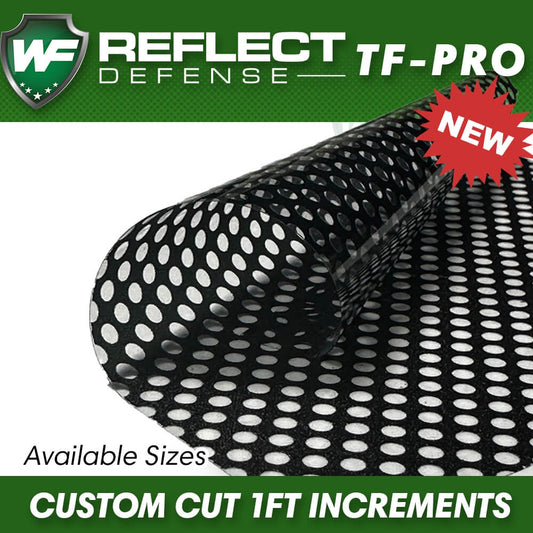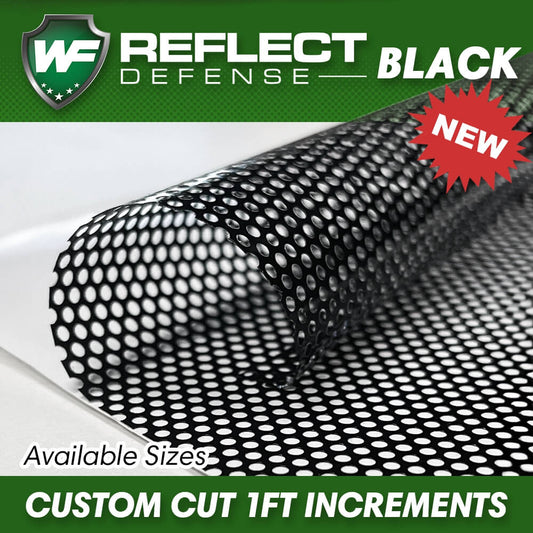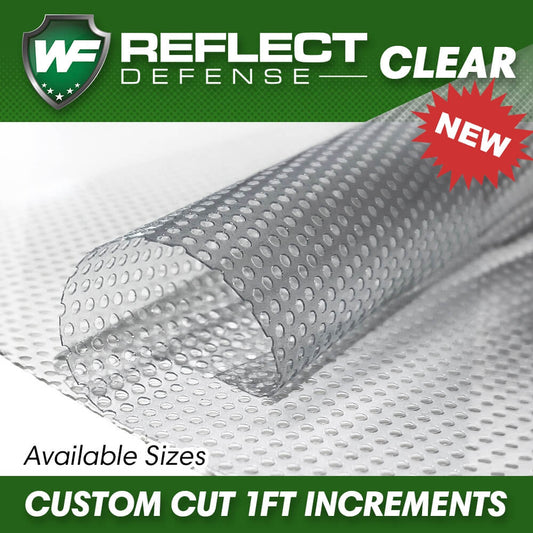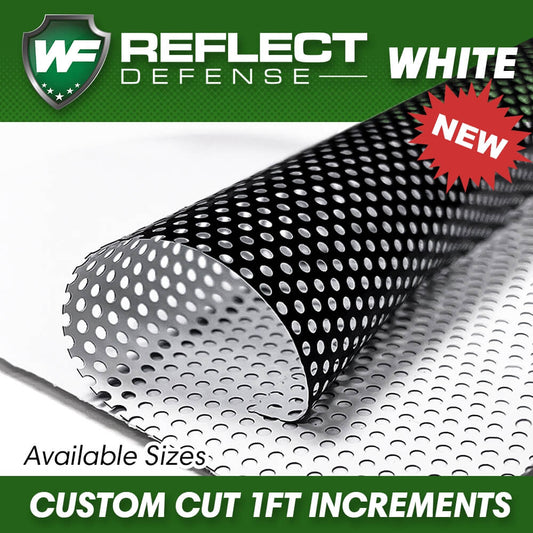If you have recently installed low-emissivity (Low-E) windows or are planning to do so, you might want to reconsider the impact it can have on your property's exterior. While Low-E windows offer multiple benefits such as reduced energy costs and enhance indoor comfort, they can harm your artificial turf and siding.
Low-E windows are designed to reflect sunlight, which ultimately reduces the amount of heat and UV rays entering your home. However, the reflected sunlight can cause a phenomenon known as "solar heat gain" that can melt artificial turf and warp vinyl siding.
What is Solar Heat Gain?
Solar heat gain occurs when the sun's rays reflect off Low-E windows and onto your property's exterior. The reflected light is then magnified by the window's curved or angled surface, causing the reflection's intensity to increase. This intensified reflection can generate more heat than direct sunlight and is hot enough to melt artificial turf and warp vinyl siding.
How Low-E Windows Affect Artificial Turf
Artificial turf is a low-maintenance and cost-effective alternative to natural grass. However, the reflection from Low-E windows significantly affects its durability and lifespan. When the sun's rays reflect off Low-E windows, they generate heat that can cause the artificial turf's fibers to melt.
The melted fibers can create brown spots on your turf that are unpleasant to the eye and decrease the overall aesthetic of your property. In some severe cases, melted fibers can cause the artificial turf to become unusable and require expensive repairs or replacement.
How Low-E Windows Affect Siding
Vinyl siding is a popular choice among homeowners because of its affordability and low-maintenance. However, like artificial turf, it is susceptible to solar heat gain caused by the reflection off Low-E windows.
The intense heat generated by the reflection can cause vinyl siding to warp or even melt, leading to significant damage to your property's exterior. Additionally, the melted siding appears unsightly and lowers your curb appeal, decreasing the overall value of your property.
Solution to the Problem
If you're experiencing artificial turf melting or vinyl siding warping because of Low-E windows, the solution is simple. Turf Shield Window Film offers an effective barrier against solar heat gain caused by reflective windows.
Turf Shield's non-reflective window films reduce solar heat gain by up to 93%, providing effective and long-lasting protection to your property's exterior. The films are easy to install and require no maintenance, making it an affordable and practical solution for homeowners.
Conclusion
Low-E windows offer multiple benefits to homeowners, but it can also cause significant damage to your artificial turf and siding. Solar heat gain caused by the reflection off Low-E windows generates enough heat to melt artificial turf fibers and warp vinyl siding.
Turf Shield offers an affordable and practical solution to the problem with its non-reflective window films that reduce solar heat gain by up to 93%. If you're experiencing artificial turf melting or vinyl siding warping, Turf Shield Window Film is the perfect solution to protect your property's exterior.





